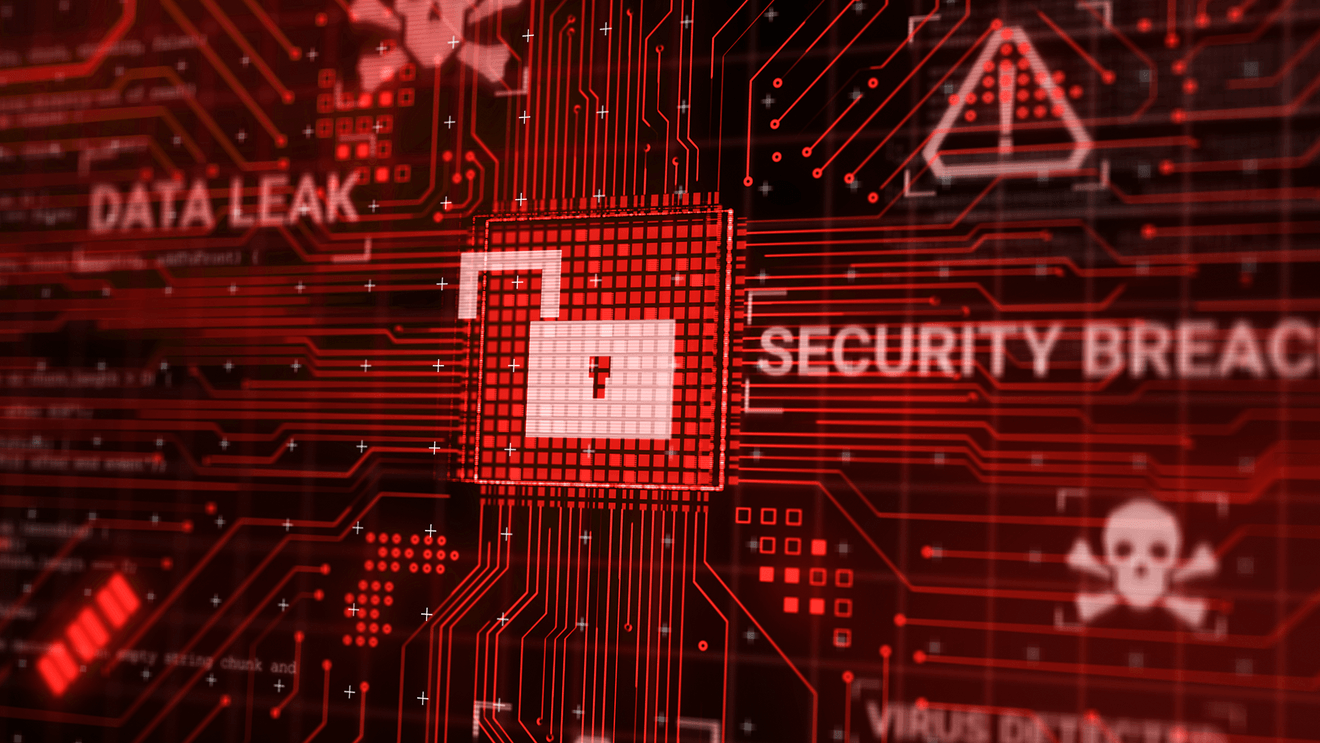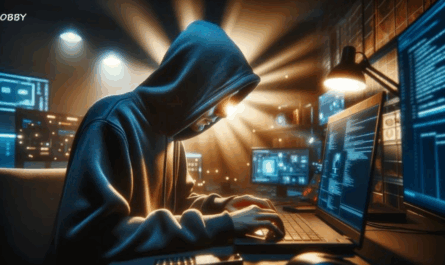Key Takeaways
-
The U.S. and U.K. are backing the United Nations Cybercrime Treaty, now awaiting a General Assembly vote.
-
Cybersecurity experts warn the treaty’s vague language could criminalize legitimate security research.
-
Ethical hackers urge the inclusion of clear protections for professionals who test systems responsibly.
Treaty Nears Adoption Amid Controversy
The United States and the United Kingdom have officially endorsed the draft of the United Nations Cybercrime Treaty, which has passed its final internal reviews and is now heading for a vote in the UN General Assembly.
The treaty is designed to strengthen international cooperation in the fight against cybercrime. However, it has sparked significant controversy among cybersecurity experts, who warn that its broad and imprecise wording could blur the line between malicious hackers and ethical security researchers.
According to a Recorded Future report published on November 12, the draft text has received approval and is ready for formal adoption. Still, U.S. officials have acknowledged global concerns that the treaty could be misused to justify mass surveillance, human rights violations, or unwarranted scrutiny of legitimate cybersecurity professionals.
Jonathan Shrier, the U.S. representative to the United Nations, praised the treaty’s potential to boost international collaboration against cybercrime. However, he also cautioned that the document’s broad language leaves room for misinterpretation. Shrier urged member nations to adopt domestic safeguards to prevent abuse and protect privacy and civil liberties.
Ethical Hackers Warn of Legal Risks
While the treaty’s intent is to curb criminal hacking, HackerOne—the world’s largest ethical hacker community—has expressed serious concerns.
In a statement shared with Techopedia, the organization argued that ethical hackers, penetration testers, and red teams are not adequately recognized or protected under the treaty. Without explicit legal distinctions, the text could unintentionally criminalize legitimate cybersecurity work.
Ilona Cohen, Chief Legal and Policy Officer at HackerOne, warned that the treaty’s vague definitions could place ethical hackers in legal jeopardy. These professionals routinely test systems to identify vulnerabilities and prevent cyberattacks—but under the treaty’s language, such activity could be viewed as “unauthorized access.”
Cohen emphasized that modern legal frameworks already distinguish ethical hackers from cybercriminals, recognizing the value of responsible disclosure. Since 2020, all U.S. federal agencies have been required to maintain vulnerability disclosure programs, and the Department of Justice is now updating its Vulnerability Disclosure Framework to include AI-related security testing.
These steps are meant to protect ethical hackers from prosecution when working in good faith—a protection that the UN treaty currently lacks.
Ambiguous Wording Threatens Cybersecurity Research
A major issue lies in the treaty’s overly broad mandates. It obligates signatory nations to criminalize “unauthorized access” to computer systems and the interception of private communications “without right.”
However, these terms are undefined, leaving room for wide interpretation. Ethical hackers conducting authorized penetration tests or controlled red-team simulations could technically fall under the same category as cybercriminals.
The treaty also prohibits the “destruction, modification, or erasure” of computer data—again, without clarifying intent or authorization. This could expose legitimate researchers to prosecution if their testing alters system data as part of a sanctioned security audit.
Cohen warned that such ambiguity could have a chilling effect on the cybersecurity industry. Companies might hesitate to employ offensive security experts or participate in bug bounty programs, which are essential for identifying vulnerabilities before they are exploited.
Major tech firms—such as Google, Microsoft, and Amazon—rely heavily on these programs to maintain security across millions of users and systems.
Global Uncertainty and Uneven Enforcement
Cohen also raised concerns about inconsistent application of the treaty across different countries. In nations without strong legal protections for security research, ethical hackers could face prosecution even for good-faith work intended to improve digital safety.
This inconsistency, she argued, highlights the need for explicit international safeguards. Cohen urged the United States and its allies to continue negotiations to include clear language protecting cybersecurity researchers.
She also encouraged individual countries to pass domestic legislation that distinguishes ethical hacking from criminal intrusion, ensuring that global cybersecurity efforts remain coordinated and effective.
The Case for Clarification
While the UN Cybercrime Treaty aims to enhance cooperation against hacking, malware, and data theft, its lack of precise definitions threatens to undermine its purpose.
By failing to differentiate between malicious and authorized activity, the treaty could discourage companies from hiring security experts and conducting penetration tests—core practices that keep systems secure.
If left unchanged, this legal uncertainty could lead to a decline in vulnerability disclosure and bug bounty programs, weakening the global cybersecurity ecosystem and leaving organizations more vulnerable to real cyber threats.
Protecting Privacy and the Cybersecurity Workforce
Experts agree that for the treaty to be effective and responsible, it must include specific protections for cybersecurity professionals. These should:
-
Clearly define ethical hacking and distinguish it from criminal activity.
-
Safeguard professionals conducting authorized penetration testing and red-teaming.
-
Prevent misuse of the treaty for mass surveillance or censorship.
-
Encourage nations to adopt domestic laws aligned with these principles.
Without these safeguards, the treaty risks creating more harm than good—potentially stifling innovation, reducing collaboration, and putting both cybersecurity professionals and ordinary citizens’ digital privacy at risk.
Looking Ahead
The UN Cybercrime Treaty marks an important step toward international unity against digital crime, but its vague language presents serious risks for those defending the internet.
Advocates like Ilona Cohen are calling on the U.S., U.K., and other supporters to push for revisions that explicitly protect ethical hackers and ensure that global cybersecurity laws uphold human rights and technological progress.
In a world increasingly dependent on digital systems, clarity in law is essential. Without it, the treaty intended to fight cybercrime could inadvertently criminalize the very experts who work every day to make the online world safer.
Conclusion
The United Nations Cybercrime Treaty has the potential to become a cornerstone of global cybersecurity cooperation. However, its current ambiguous language poses significant risks to ethical hackers and legitimate security research.
Experts urge that the treaty be revised to include clear definitions, explicit protections, and national-level safeguards. Without these adjustments, the treaty could unintentionally hinder cybersecurity innovation and weaken the global fight against digital crime.




